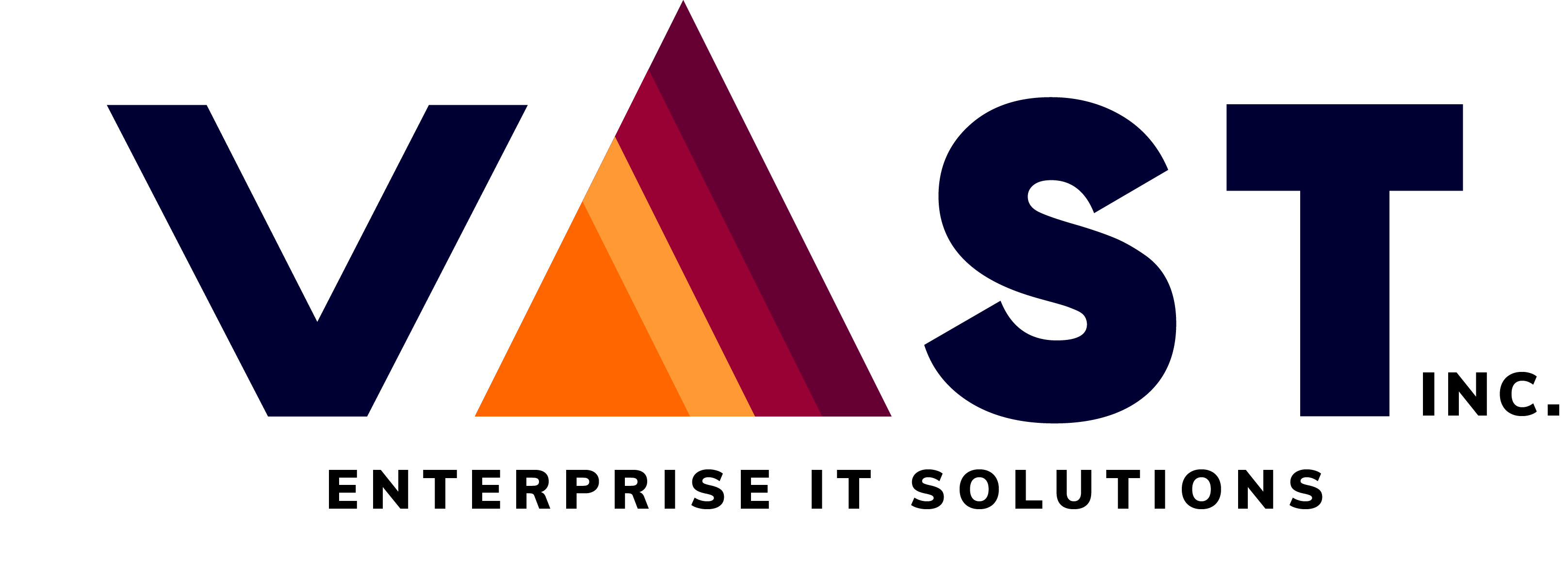
- May 25, 2023
- vastadmin
- 0
What is Kubernetes?
A container management system called Kubernetes was created on the Google platform. Containerized applications can be managed with it in a variety of physical, virtual, and cloud settings. In order to reliably deploy complex applications operating on clusters of hundreds to thousands of separate servers, Google Kubernetes is a very versatile container platform.
What functions does Kubernetes provide?
The Linux kernel used in distributed systems is called Kubernetes. It gives a uniform interface for programmers that use the shared pool of resources while assisting you in being able to abstract the underlying hardware of the nodes (servers).
Why are containers necessary?
Internet users today never tolerate downtime. Developers must therefore devise a way to carry out upkeep and updates without affecting users’ services.
Consequently, containers are isolated environments. Everything required for the application to function is included. It makes editing and deploying programmer simple for developers. The recommended technique for packaging, deploying, and updating web software is now containerization.
Kubernetes is used for what purposes?
With the aid of Kubernetes, you can manage traffic and resource allocation for cloud applications and microservices. Additionally, it aids in the simplification of a number of SOI-related features. You can ensure where and when containerized applications execute thanks to Kubernetes, which also makes it easier to locate the tools and resources you need.
Features of Kubernetes:
The following are key Kubernetes features:
- Automated Scheduling
- Automated rollouts & rollback
- Self-Healing Capabilities
- Offers environment consistency for development, testing, and production
- Horizontal Scaling & Load Balancing
- Infrastructure is loosely coupled to each component can act as a separate unit.
- Offers enterprise-ready features
- Auto-scalable infrastructure
- You can create predictable infrastructure
Advantages of Kubernetes:
- Adheres to the principals of immutable infrastructure
- Simple service organization with pods.
- It was created by Google, who brings to the table years of invaluable industry knowledge.
- Helps you to avoid vendor lock issues as it can use any vendor-specific APIs or services except where it provides an abstraction, e.g., load balancer and storage.
- It allows you to assure those containerized applications run where and when you want and helps you to find resources and tools which you want to work.
- Containerization using Kubernetes allows package software to serve these goals. It will enable applications that need to be released and updated without any downtime.
- It can run on-premises bare metal, OpenStack, public clouds Google, Azure, AWS,
Disadvantages of Kubernetes:
- Security is not very effective.
- Dashboard for Kubernetes is not as helpful as it could be.
- It is a little bit complicated and unnecessary in environments where all development is done locally.
